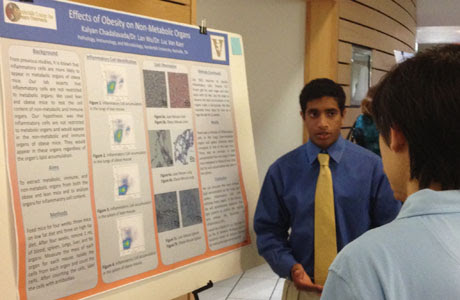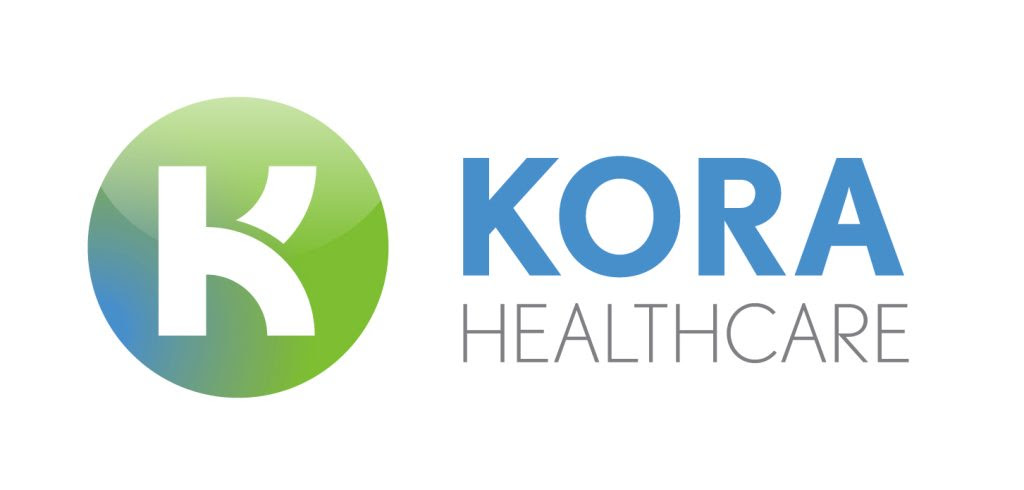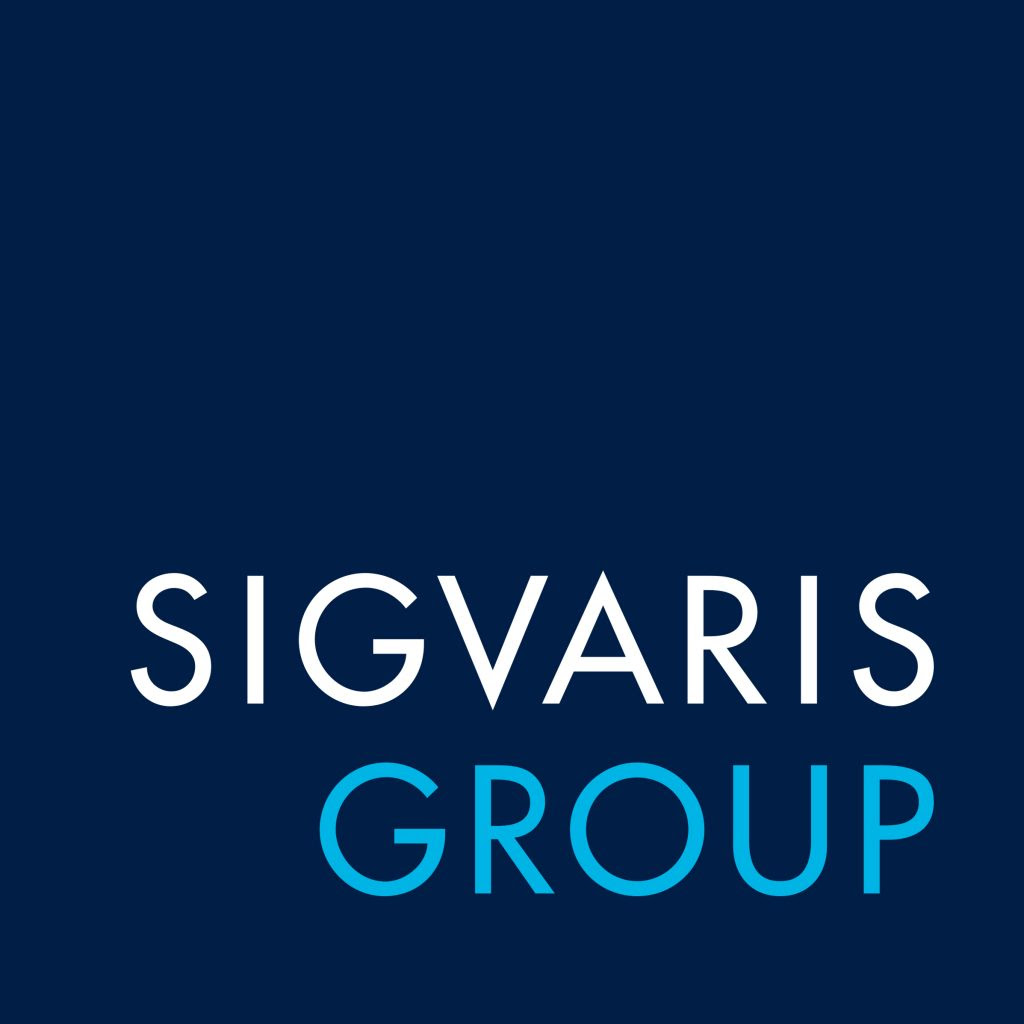Poster Presentations
Share your ideas in a Poster Presentation
A Poster Presentation is an excellent way to share knowledge and experience in a relaxed and informal way, and we invite you to participate by submitting a poster for display at BAS 2020 Sclerotherapy Conference.
This is a superb opportunity to reflect on your learning and add to your CPD record by creating a ‘story board’; you’ll raise your own profile and at the same time help others learn, by showcasing your valuable research, knowledge, tips or experience in an easy-to-understand and fun-to-create format. If you have encountered a challenging case, implemented an innovative approach, improved treatment outcomes or patient satisfaction in any way, carried out original research or a study or want to share some of your results and what has worked in your practice, then this is for you – and NO public speaking required either! Presenters and viewers can engage in informal discussion and learn from each other, creating an invaluable two-way learning experience.
We will assist you in any way we can – provide a template, answer questions, proof-read your work, and have it printed for you onto a large poster for display at the conference.
The winning poster presentation will be displayed on the BAS website afterwards, and we may even be able to facilitate this being published in one of the industry journals. The best poster wins a prize! AesthetiCare (a division of Ferndale Pharmaceuticals Ltd) has kindly agreed to sponsor an educational grant to cover the winning author’s cost of attending the conference and/or one year’s membership of the BAS, up to the value of £250.
How to create a poster
In the next section we answer your questions and offer tips for a producing a winning poster.
What sort of topics might be suitable for a poster?
- A challenging or interesting case study
- Complications and adverse issues
- How you deal with complaints
- An innovation that has improved outcomes or patient experience
- Results of an audit
- A new initiative or protocol introduced in your practice
- Any interesting research or study you’ve undertaken
- How you’ve introduced any new regulatory requirements e.g. GDPR, CQC or quality improvement
- How you’ve responded to a challenge (for example, improving patient compliance)
- Anything that your fellow sclerotherapists might find interesting, educational, informative
Important dates
Register your interest from 15th December 2019 onwards – Submit your name, title of Poster, and contact details to [email protected]
2nd January 2020 – Poster Abstract submission opens See guidelines
1st April 2020 – Last date to submit abstract Go to Poster Abstract Submission Portal
5th April 2020 – Last date for Early Bird Registration Register here
30th April 2020 – Last date to email your final poster as Powerpoint or print-quality PDF, size AO or A1, to [email protected]
19th May 2020 – Conference
Tips to design an engaging and interesting poster
- Enlightening, relevant and well thought out topic
- Choose a short, easily understood title
- Make your poster easy to follow with a logical flow of data

- The poster should be visually appealing with small succinct blocks of text interspersed with good graphics such as graphs, charts and images (avoid infringement of copyright)
- Use bullet points and short sentences rather than dense blocks of text (much like creating any Powerpoint presentation)
- Display original, accurate data, evidence-based
- Avoid trying to cram in too much information – include only data and images which are needed to clarify or support your message or conclusions. A wordy, busy poster is not engaging – it’s as much about what to leave out as what to put in; a tough call sometimes!
- Most people retain visual images far longer than the written word
Image Sources: University of Washington, Vanderbilt University Medical Centre, MakeSigns.
Technical tips
Only hard-copy posters can be accepted, there will be no facility for digital projection.
Font – choose a font that is easy to read at a distance, such as Times Roman, Verdana, Helvetica, Palatino, Garamond or Arial, and keep the font and the font colour standard.
Type size – remember that your poster will be read by someone standing at about a metre or more away, so the text will need to be legible at a distance. Use large type sizes minimum 24 point. The title should be 150 point or more.
Line spacing – 1.5 spacing is easier to read than single spacing, and bullet points are easier to take in quickly.
Case – Use Sentence Case, Uppercase is more difficult to read at a distance.
File type – For printing save as Powerpoint or print-quality PDF.
Templates – Posters can be made in MS Powerpoint up to A1 size (59.4 x 84.1 cm) or A0 (84.1 x 118.9 cm). They may be Portrait or Landscape orientation.
Please ensure that you set the slide size before starting to add anything; this makes designing easier and the final print will be much better. For a Powerpoint tutorial, click here.
Printing requirements – The finished A0 poster size is 841mm x 1189mm, so you’ll need to set your A0 poster dimensions to 847mm x 1195mm to add 3mm bleed to both sides.
Don’t forget to set your colour mode as CMYK and use high-resolution images (at least 300dpi) only, as using anything less than this can affect the finished A0 poster printing quality. Using bespoke or specialist branded fonts? You’ll need to ensure you embed or flatten them as the printer may not have these.
Click here to see a selection of poster templates
Assessment criteria
Poster presentations will be peer-reviewed by the BAS Management Committee, and judged on relevance, clarity, originality, case presentation methodology and visual impact.
Please contact Hilary Furber if you have any questions or need any further advice or help in designing your poster:
[email protected] or phone 01264 736500









